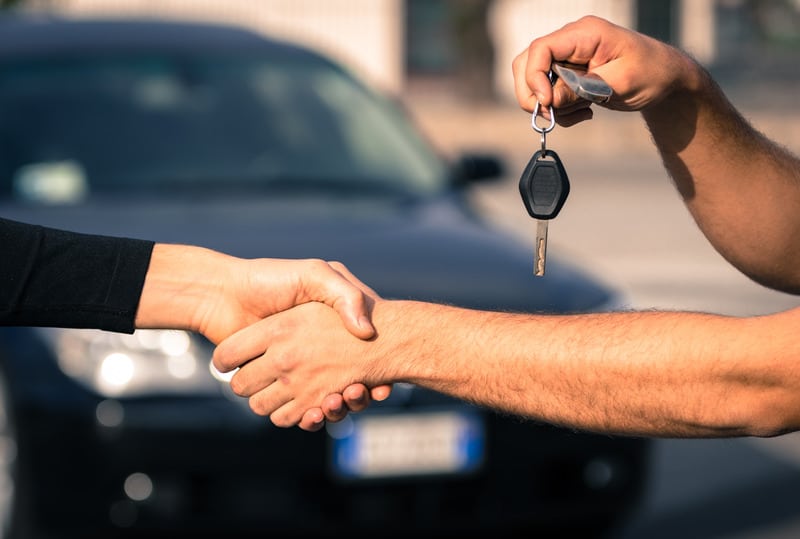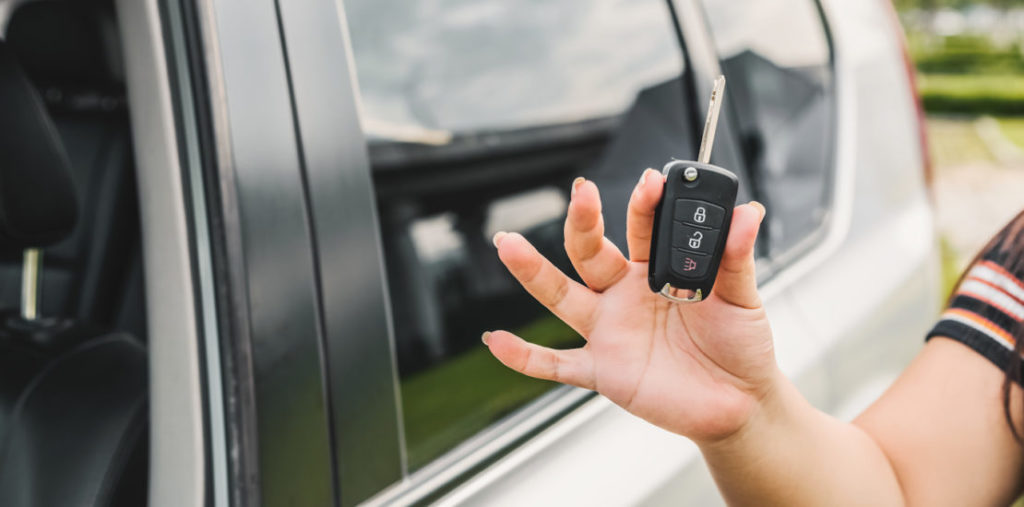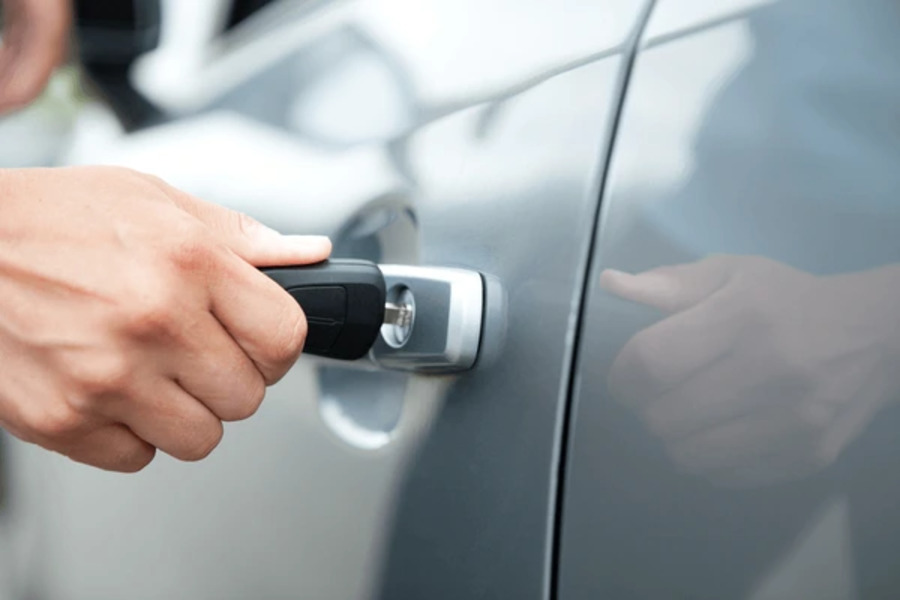Imagine this: You step out of your car for a brief moment, and before you know it, the doors have locked behind you, leaving your keys inside. Panic sets in, and you might wonder, can the fire department unlock your car in such a situation? This is a common question for many people who find themselves in a bind. Knowing your options can save you time, stress, and even money.
Before contacting emergency services like the fire department, it’s essential to understand what assistance they can provide. While the primary role of the fire department is to handle fires and rescue operations, they are sometimes called upon for car lockout situations, especially if there is a child or pet trapped inside.

When to Consider Fire Department Assistance
The fire department can be a valuable resource in emergencies where someone’s safety is at risk. If you find yourself locked out of your car and a child or pet is inside, contacting the fire department is an appropriate course of action. In such scenarios, they prioritize swift response to ensure safety.
Understanding Fire Department Protocols
While the fire department is equipped to handle various emergencies, it’s important to note that unlocking cars is not their primary duty. However, in life-threatening situations, they may use specific tools to gain access to the vehicle quickly. It’s crucial to communicate the urgency of the situation when calling them for assistance.
Tools Used by the Fire Department
In emergencies, fire department personnel might use tools like a slim jim or wedge to unlock the car. These tools are similar to those used by professional locksmiths and are designed to open car doors without causing damage.
Alternatives to Fire Department Assistance
If your situation is not an emergency, there are other avenues to explore before involving the fire department. Consider these options:
Contacting a Locksmith
Professional locksmiths are trained to unlock vehicles without causing damage. They have specialized tools and techniques to handle various lockout situations. It’s often quicker and more efficient to call a locksmith for non-emergency lockouts. For more information on locksmith services, visit keyless entry risks.
Using Roadside Assistance
Many car insurance policies include roadside assistance, which often covers lockout services. Companies like AAA or services through your car manufacturer can offer prompt assistance. Learn more about contacting roadside assistance here.
Exploring Car Security Technology
Modern vehicles come equipped with advanced security features that can sometimes lead to accidental lockouts. Familiarizing yourself with these technologies can prevent future incidents. Discover more about these advancements here.
Preventive Measures Against Lockouts
Prevention is always better than cure. Here are some tips to avoid car lockouts:
- Always have a spare key accessible, either with a trusted friend or securely stored at home.
- Consider using a keyless entry system or a smart lock that can be controlled via a mobile app.
- Keep a routine check on your car’s locking system to ensure it functions properly.
Final Thoughts
While the fire department can unlock your car in emergencies, there are more efficient and appropriate solutions for non-critical lockouts. By understanding your options and taking preventive measures, you can handle car lockouts with ease and confidence.

FAQs
Can the fire department always unlock my car?
No, they typically respond to emergencies where safety is at risk, such as a child or pet being locked inside.
What should I do in a non-emergency lockout?
Consider contacting a professional locksmith or using roadside assistance services.
Is there a cost for the fire department to unlock my car?
In emergencies, there may not be a direct cost, but it’s advisable to check with your local department for specific policies.
For further advice and assistance on vehicle lockout situations, you can visit this guide.
This article contains affiliate links. We may earn a commission at no extra cost to you.





